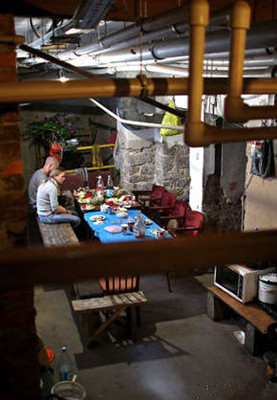Ukraine's front line

Those promises were the subject of high-level talks between Russia and America last week. John Kerry, America's secretary of state, conferred with Vladimir Putin, Russia's president. Victoria Nuland, another American envoy, shuttled between Kievand Moscow, urging compliance with the faltering Minsk peace plan.
譯文屬譯生譯世











